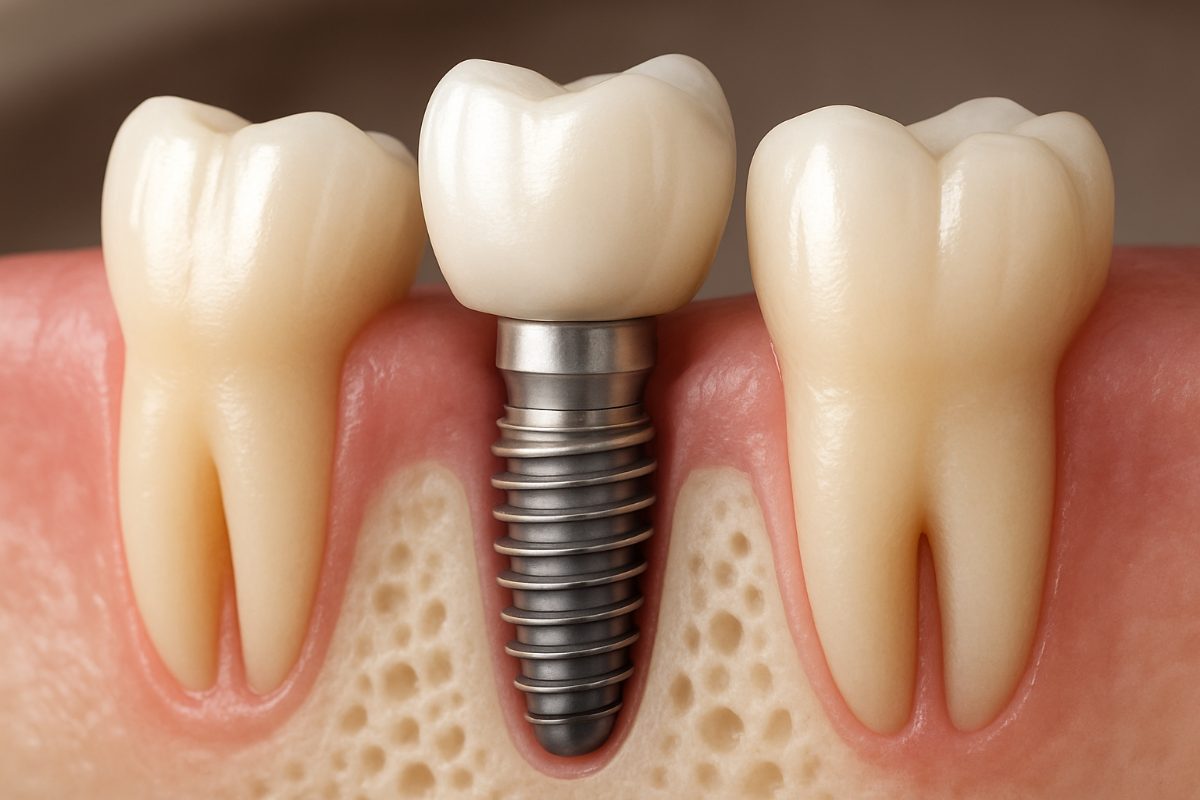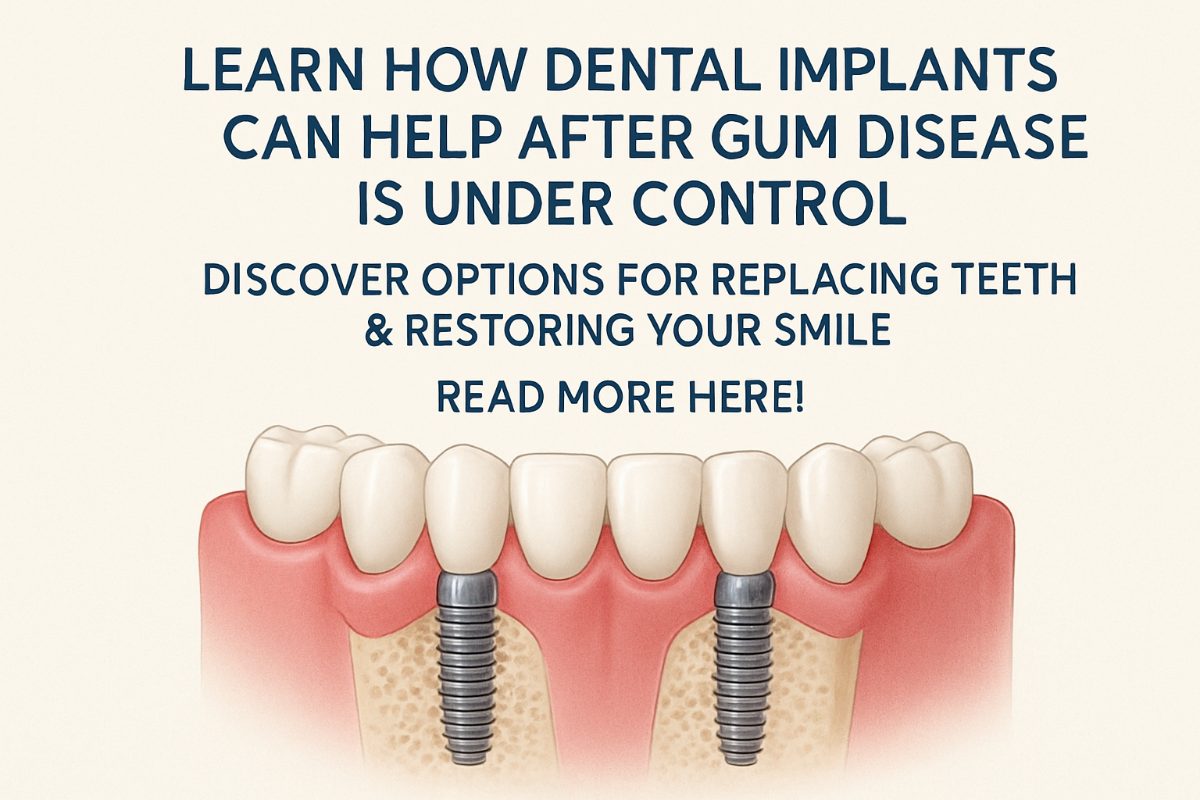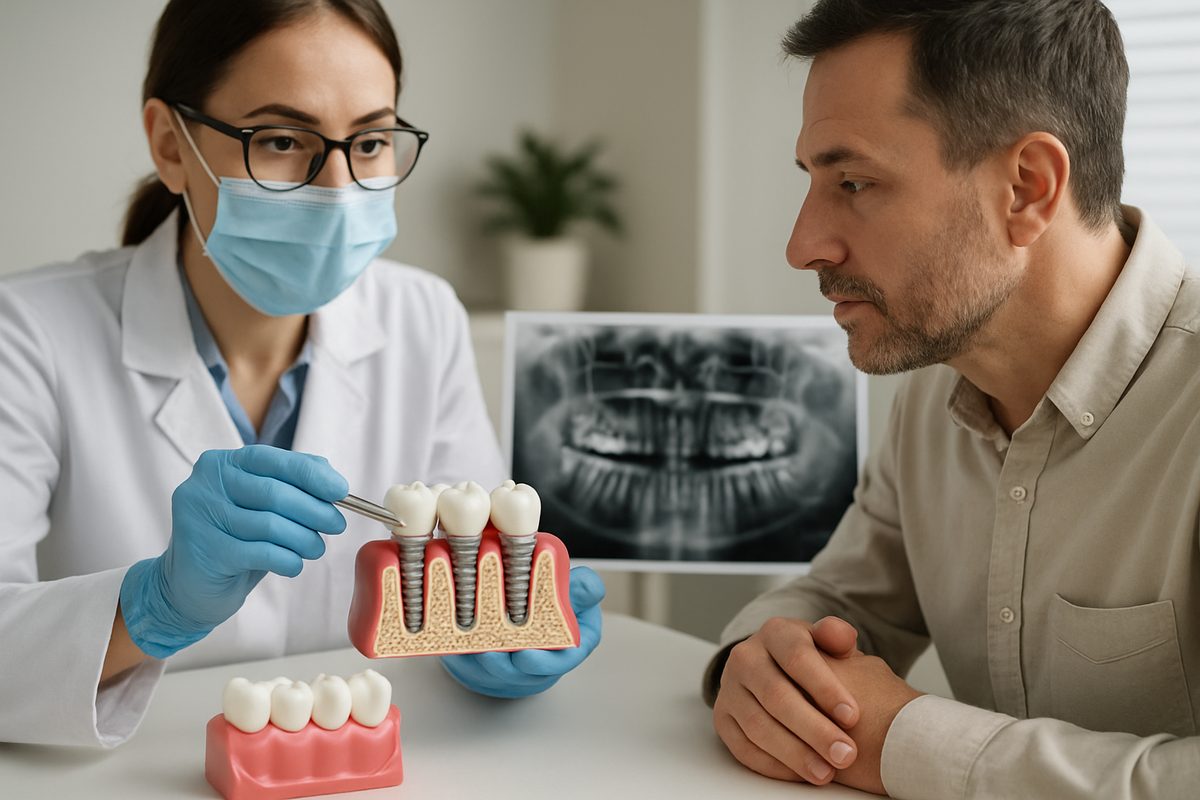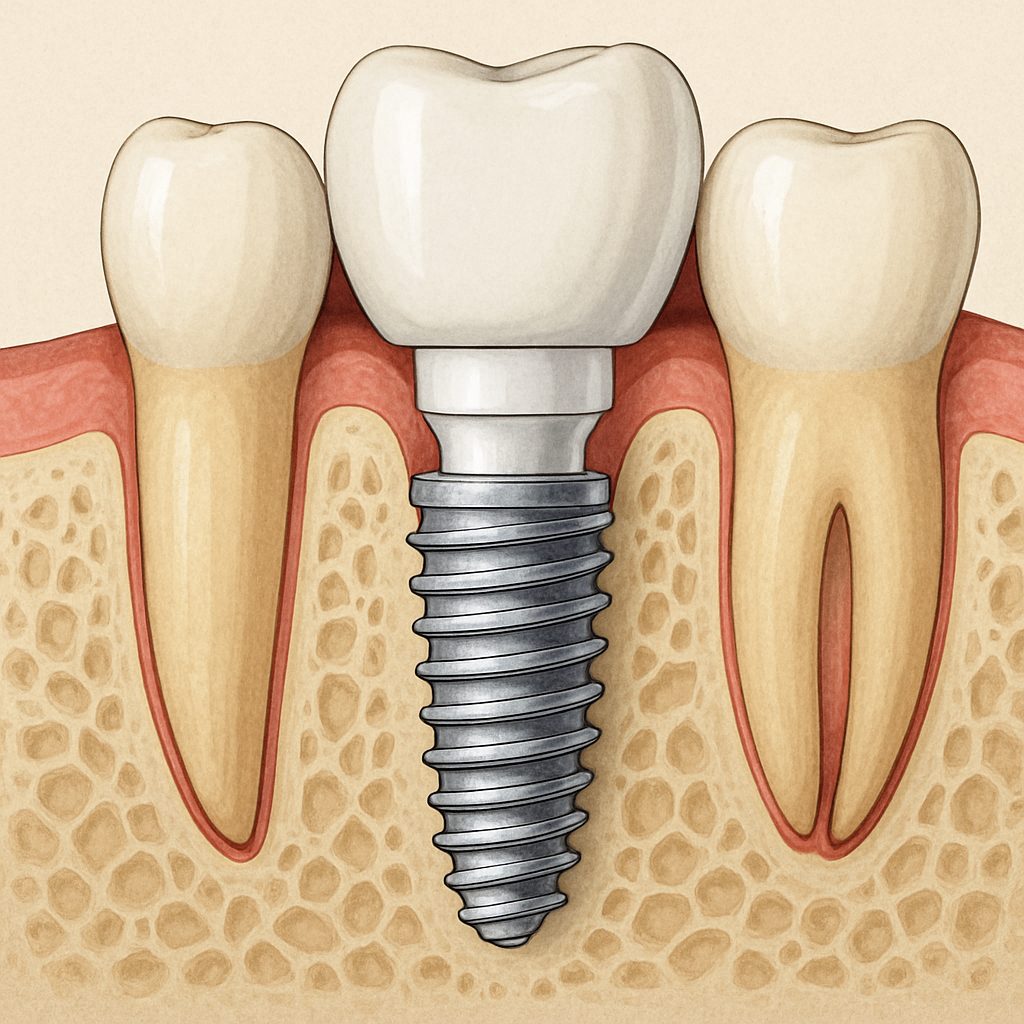Oral Surgery Blog - Statesboro & Swainsboro, GA
Tips, Facts, And The
Latest In Dentistry

Dental Implants Clinics: Finding The Right Dental Implants Provider

Dental implants clinics help replace missing teeth with implants — small posts placed in the jaw that hold crowns or full bridges. Choosing the right clinic matters because implant work is surgical, long-term, and affects your bite and health. This guide explains how implants work, what to look for in dental implants clinics, the questions to ask, how costs break down, red flags, and a simple process to pick the right provider.
How Dental Implants Work — A Quick, Plain Explanation
An implant is a titanium post placed into the jawbone. After the implant fuses to bone (osseointegration), an abutment connects the post to a crown or bridge. The crown is the visible tooth replacement that looks and functions like a natural tooth.
Typical timeline:
- Consultation and 3D imaging
- Implant surgery (same day or scheduled)
- Healing and bone integration: commonly 3–6 months
- Abutment placement and crown delivery
Common candidacy factors: you are missing one or more teeth, have adequate bone or can get a graft, have controlled gum disease, and are generally healthy enough for minor surgery.
Key Features To Look For In Dental Implants Clinics
Provider qualifications and experience
Check for DDS/DMD degrees, specialty training (periodontics, oral surgery, prosthodontics), and continuing education in implant dentistry. Ask how many implant cases the clinician has completed and look for a track record with cases like yours.
In-house vs. referral care
Some dental implants clinics do both surgery and restoration on-site. Pros: smoother communication, fewer appointments, single treatment plan. Cons: may be costly if the clinic lacks a specialist for complex cases. Referral models use separate surgeons and restorative dentists. Pros: specialists for each step. Cons: more coordination and possible scheduling delays.
Technology and diagnostics
Prefer clinics with CBCT (3D) imaging, digital impressions, and guided surgery capability. These tools improve planning, accuracy, and predictability. Ask about the implant brands they use and why they choose them.
Infection control and patient safety
Expect clear sterilization protocols, modern PPE, and documented safety procedures. Sedation options should be explained with medical clearance when needed. Verify emergency readiness and how they handle medical complications.
Questions To Ask During Your Consultation With Dental Implants Clinics
- How many similar implant cases have you done, and what is your success rate?
- Who will perform the surgery and who will restore the teeth?
- Can you show before-and-after photos of real patients like me?
- What is the full treatment plan and timeline from start to finish?
- What complications can occur and how do you handle them?
- Are warranties or guarantees included, and what follow-up care is provided?
Costs, Financing, and How To Compare Estimates
Typical line items in implant quotes:
- Implant fixture (post)
- Abutment and crown or prosthesis
- CBCT scans and digital impressions
- Bone grafts or sinus lifts, if needed
- Anesthesia or sedation fees
- Follow-up visits and possible maintenance
Get itemized estimates to compare clinics fairly. Very low prices can mean cheap parts, fewer appointments, or shortcuts. Ask about financing: third-party lenders, in-house plans, and whether medical or dental insurance will cover part of the cost.
Red Flags: When To Walk Away From A Dental Implants Clinic
- Vague answers about experience or no clear treatment plan
- No 3D imaging or poor diagnostic work
- High-pressure sales tactics or unrealistic guarantees
- Poor patient reviews, hidden fees, or inconsistent pricing
- Unsanitary clinic environment or lack of safety protocols
How To Pick The Right Dental Implants Clinic For You
Simple steps to choose:
- Start by narrowing clinics by credentials and case experience.
- Check technology, photos, and patient reviews.
- Schedule consultations to compare plans and meet the team.
- Compare itemized estimates and ask about follow-up care.
- Trust your comfort level and communication—clear answers matter.
Consider checking local dental implants clinics’ reviews and booking a consultation to get a personalized plan and cost estimate. A single visit can clarify who will do each step and what results to expect.
Closing note: prioritize safety, clear communication, and a documented treatment plan when evaluating dental implants clinics. The right clinic will explain risks, timelines, and costs plainly and support you through each step of care.





